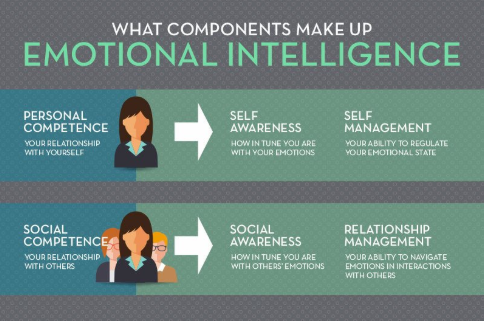 Companies that were able to stay afloat through the pandemic are not letting their guard down against continued challenges and further surprises. Aside from enabling a remote workforce and maintaining operations, they are looking at other ways to stay open. Project management can help businesses as they develop products or improve processes to increase existing customer business or successfully reach new customer segments. But as a recognized organizational competence, most if not all companies are practicing project management in one form or another. So how can a company or team improve how they manage projects to give them an edge in these trying times?
Companies that were able to stay afloat through the pandemic are not letting their guard down against continued challenges and further surprises. Aside from enabling a remote workforce and maintaining operations, they are looking at other ways to stay open. Project management can help businesses as they develop products or improve processes to increase existing customer business or successfully reach new customer segments. But as a recognized organizational competence, most if not all companies are practicing project management in one form or another. So how can a company or team improve how they manage projects to give them an edge in these trying times?
Table of contents
- What is emotional intelligence?
- Levels of emotional intelligence
- Why is emotional intelligence important?
- Areas of application
- Benefits of emotional intelligence in project leadership
- Improving emotional intelligence
What is emotional intelligence?
Back to top Industry experts believe that the competition can duplicate and improve existing technology within two to three months. If technology does not distinguish one company from its competitors, some business leaders point to emotional intelligence and its proper application as the key to improving project performance. Emotional intelligence (EI) as defined by psychologists Peter Salovey and John Mayer is “the ability to monitor one’s own and others’ feelings and emotions, to discriminate among them, and to use this information to guide one’s thinking and actions.” Emotional intelligence quotient (EQ) is the result of measuring EI. Read also: How to Improve Your Team’s Technology QuotientLevels of emotional intelligence
Back to top Emotional intelligence has several levels. This includes:- Perceiving emotions: The ability to perceive verbal and nonverbal signals accurately
- Reasoning with emotions: The ability to use emotions to promote thinking, to prioritize, and respond to what gets our attention
- Understanding emotions: The ability to interpret correctly our perceived emotions
- Managing emotions: The ability to regulate and respond appropriately to one’s own as well as others’ emotions

Why is emotional intelligence important?
Back to top Proponents of emotional intelligence state that IQ can help a person get into college, but EQ helps them manage the stress and emotions every time they take an exam. EI can help in controlling emotions and stress to prevent loneliness, isolation, anxiety, or depression. A mentally healthy person is less susceptible to physical health issues. EI can also help professionals navigate the social complexities of the workplace. They can communicate more effectively and forge stronger work and personal relationships. EI helps them connect to other people and possess social intelligence. Project teams whose individual members have high emotional intelligence are able to:- Have uncomfortable conversations without hurt feelings to resolve conflicts
- Manage their emotions when stressed or feeling overwhelmed
- Coach and motivate others
- Create a culture of collaboration
- Build a safe project environment where they can maximize their potential
Areas of application
Back to top There are many areas and opportunities to practice emotional intelligence in project management and in the workplace in general. Employees apply EI when they calmly and objectively accept criticism and responsibility, when they move on after making a mistake, or when they say no when they need to. Project professionals can apply emotional intelligence in specific PM processes:- Not signing off to an ill-defined project scope despite the pressure from stakeholders
- Being aware of time pressures, motivating or devising more efficient ways for your team to deliver, or sending a sincere request to a sponsor for more time or resources.
- After noticing an inaccurate estimate, you talk privately with the estimator for adjustments or bring in another consultant for additional insights.
- Being open-minded to issues found by auditors, taking responsibility when necessary, or providing clear and complete explanations without high emotions to justify team actions





